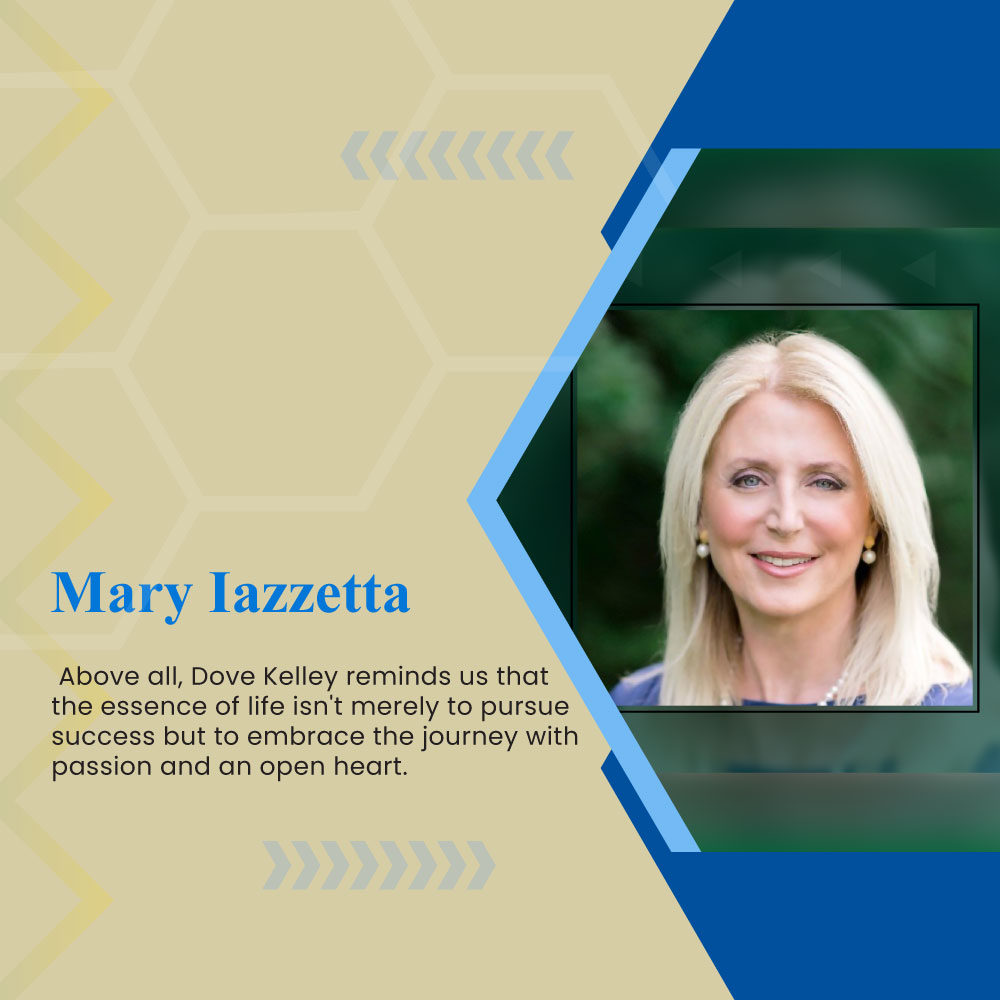
Leadership has never been more critical in today’s rapidly evolving business landscape characterized by technological advancements, shifting market demands, and increasing environmental concerns. Sustainable leadership is now at the forefront of strategic business practices and blends traditional leadership principles with a strong focus on long-term ecological, social and economic health. This article explores the critical aspects of sustainable leadership and its significance in dynamic industries.
Understanding Sustainable Leadership
Sustainable leadership goes beyond short-term profit maximization. It involves a commitment to creating and maintaining healthy organizations and communities over the long haul. This type of leadership is characterized by its focus on:
Long-term Thinking: Sustainable leaders prioritize long-term success and stability over short-term gains. They understand that sustainable strategies may require time to yield results but ultimately lead to more stable and resilient organizations.
Ethical Practices: These leaders operate with a high degree of integrity and ethics, ensuring that their decisions do not harm the environment, society, or future generations. Inclusivity and Diversity: They value and leverage diversity, recognizing that various perspectives and skills are essential for innovative problem-solving and adaptation to change.
Employee Well-being and Development: Sustainable leaders invest in their teams, providing opportunities for growth and development and ensuring a healthy work-life balance, fostering loyalty and productivity.
Environmental Stewardship: They prioritize environmental conservation and implement practices that reduce the ecological footprint of their operations.
Sustainable Leadership in Dynamic Industries
Dynamic industries, such as technology, renewable energy, and biotech, are characterized by rapid changes and innovation. In such environments, sustainable leadership plays a crucial role:
Navigating Change: Leaders in dynamic industries must be adept at navigating change. They need to anticipate market shifts and technological advancements, adapting their strategies accordingly while maintaining a commitment to sustainability.
Fostering Innovation: Sustainable leadership in these industries involves fostering a culture of innovation where new ideas are encouraged and tested. This includes investing in research and development with an emphasis on sustainable solutions.
Building Resilient Supply Chains: In dynamic industries, supply chains can be complex and vulnerable to various risks. Sustainable leaders work towards building resilience into these systems, ensuring that they are robust, ethical, and environmentally friendly.
Engaging Stakeholders: These leaders actively engage with various stakeholders, including customers, employees, investors, and the community. They understand the importance of building relationships based on trust and shared values.
Embracing Transparency: In an era where consumers and investors are increasingly concerned about corporate practices, sustainable leaders embrace transparency in their operations and decision-making processes.
Challenges and Opportunities
While sustainable leadership offers numerous benefits, it has challenges. The most significant of these is balancing short-term pressures with long-term goals. Additionally, sustainable leaders often face resistance to change within their organizations and the broader market. However, these challenges also present opportunities:
Innovating for Sustainability: Leaders can leverage challenges as opportunities to innovate, finding new ways to integrate sustainability into their business models. Educating and Influencing: By educating employees, customers, and other stakeholders about the importance of sustainability, leaders can create a ripple effect beyond their organizations.
Building Brand Loyalty: Companies led by sustainable leaders often enjoy increased brand loyalty from consumers who prioritize ethical and environmental considerations in their purchasing decisions.
As industries evolve rapidly, the need for sustainable leadership has never been greater. Leaders who embrace this approach can drive their organizations toward long-term success and resilience while positively impacting society and the environment. The journey towards sustainable leadership requires commitment, innovation, and a willingness to challenge the status quo. But for those who rise to the challenge, the rewards are substantial – not just for their organizations but for the world.